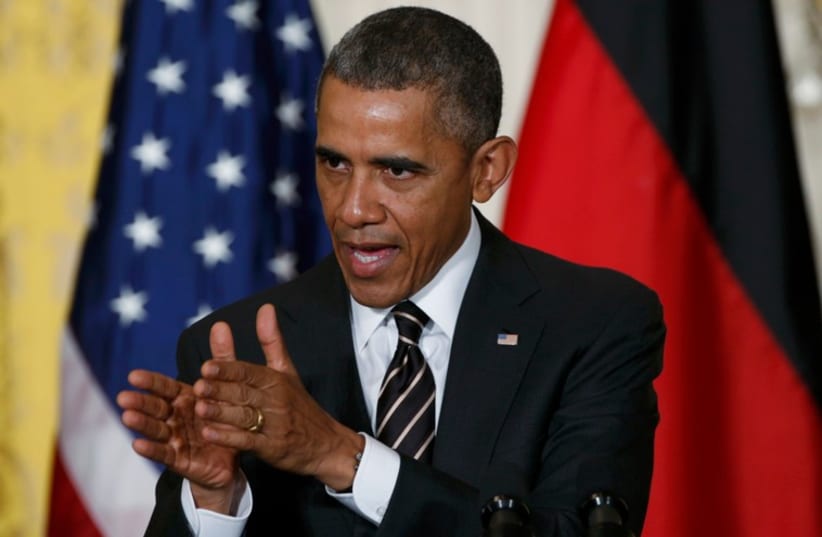Obama’s war against ISIS – much more open-ended than meets the eye
Once you dig deeper into the details, it becomes clear that the proposed law that the US president hopes that Congress will adopt leans heavier toward potential for greater intervention.
